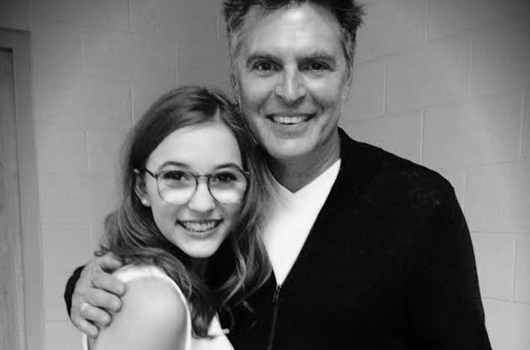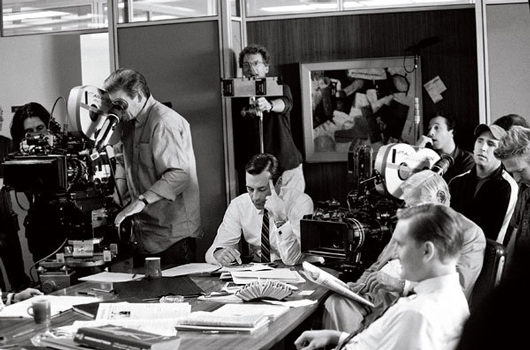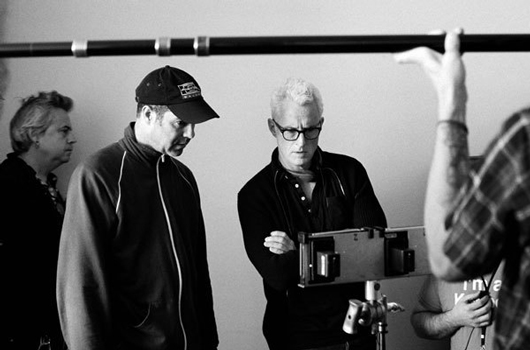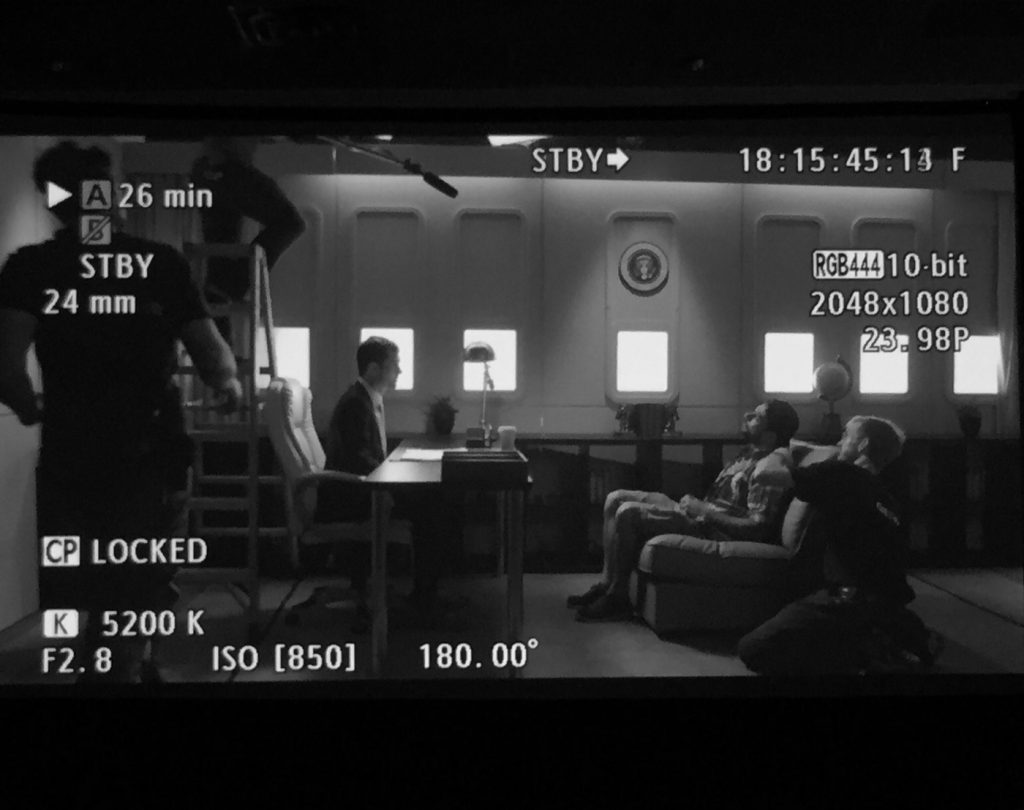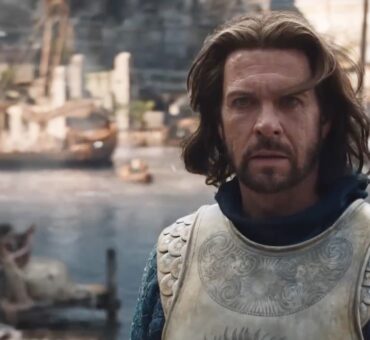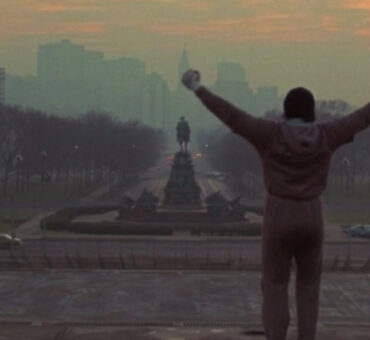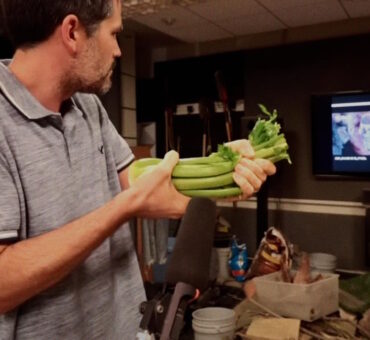If you’ve ever seen an episode of Mad Men, Nashville, Orange Is the New Black, or Weeds,you’re already familiar with Russell Ziecker’s work. After starting out in the mailroom at Chrysalis Music Group, Russell is now the head of television music at Lionsgate, overseeing music for some of the most popular television shows in the world.
We recently chatted with Russell about his career, his thought process, and why Pulp Fiction completely changed the game.
Here’s the legendary Russell Ziecker.
So you started out playing bass in bands. How did you end up overseeing music for shows like Mad Men and Orange Is the New Black?
The way I see it, I’ve always lived on Planet Music, but I’ve traveled to the moons that surround it. Music has always been the center for me. As a [bass] player, I was living it, breathing it. I did well with live music, but touring was not a good lifestyle for me. So I stepped out of it and started working in the mailroom at Chrysalis. I was the proverbial kid in the mailroom. I was trying to find something to segue into within the music industry, and then I discovered music publishing. I got into that for a number of years, and I ended up running our New York office.
It wasn’t until around 1994, though, that I really started thinking about placing music into television and film. I had moved to Los Angeles to manage a few acts, and it was an interesting time because all of my artists were vehemently against their music being used for TV or film. Back then it was still about making money with record sales. It was a very different world.
Did they see placements as being unartistic?
They saw it as selling out. That phrase was used a lot around that time.
How did you end up at Lionsgate?
When I went to Lionsgate, it wasn’t actually the Lionsgate we know now. We started administrating the Lionsgate music publishing catalogue, and then we started getting more ingrained on the creative side. At that time Lionsgate was just starting TV production with Weeds and Wildfire. So I sort of got duped into doing TV. I figured,* Okay, I’ll do this for a year and see where it goes.* But it’s become a very vibrant area. I’ve been able to write my own textbook since there was no set method for how to do this.
What does a day in the life of a music supervisor at Lionsgate look like?
I should clarify, although my team and I do some of our shows in-house, we also have the very best music supervisors working for our shows, and much of our job involves setting up the shows, hiring the right music teams to satisfy the needs of the show, and then overseeing the process. So, the day-to-day is pretty unpredictable. Right now we’ve got twelve shows in production, and three more were just green-lit. So it’s a fairly busy place.
How involved are you creatively?
Very involved in most cases, and pretty involved early on. I’ll be at the production kick-off meetings where we sit and talk with the show runners and the writers about what they want to achieve — both with the music and with the story they’re trying to tell. The things they reference during that meeting give us a rough frame for the style they’re interested in, and then we try to figure out how to support that. This is all for the pilot episode, which is where my team and I give the show its initial jumping-off point music-wise.
Sometimes that will evolve. But Weeds has a specific “Weeds sound.” Mad Men has a very specific thing where the song at the end of the episode always works as a sort of summary. Orange Is the New Black is dark but quirky. That’s the sort of stuff we’re trying to establish at the beginning.
We’ll assemble a big box of material the editor can use to give the show its initial life. Then, once it sells to a network, we’ll take a step back from the day-to-day, and hire a composer, a music supervisor, a music editor for each production. Then I’m just overseeing the entire music process, making sure we stay on budget, and helping manage the licensing, if we’re, say, placing Beatles songs or something like that, which might require some extra attention in budgeting and finesse.
It sounds pretty hands-on.
It definitely is, but I don’t know any other way. In fact, it’s probably my biggest frustration: the higher you rise within the [company] infrastructure, the more you can lose sight of the ground. But I like getting my hands dirty. For example, I’ll be at the table reads for Mad Men, sitting there with the actors, getting a sense for the story and possible music we could use on a particular episode. I go to as many table reads as I can. And I go to spotting sessions with the composer and the music supervisor. I’ll go to the mixing sessions. A lot of times we’re the last ones to see a closed episode before it airs the next week. We do mixes for the show Nashville on Fridays, and the episode airs the next week.
Whoa. Is that normal?
You’re generally in production at the same time you’re on the air.
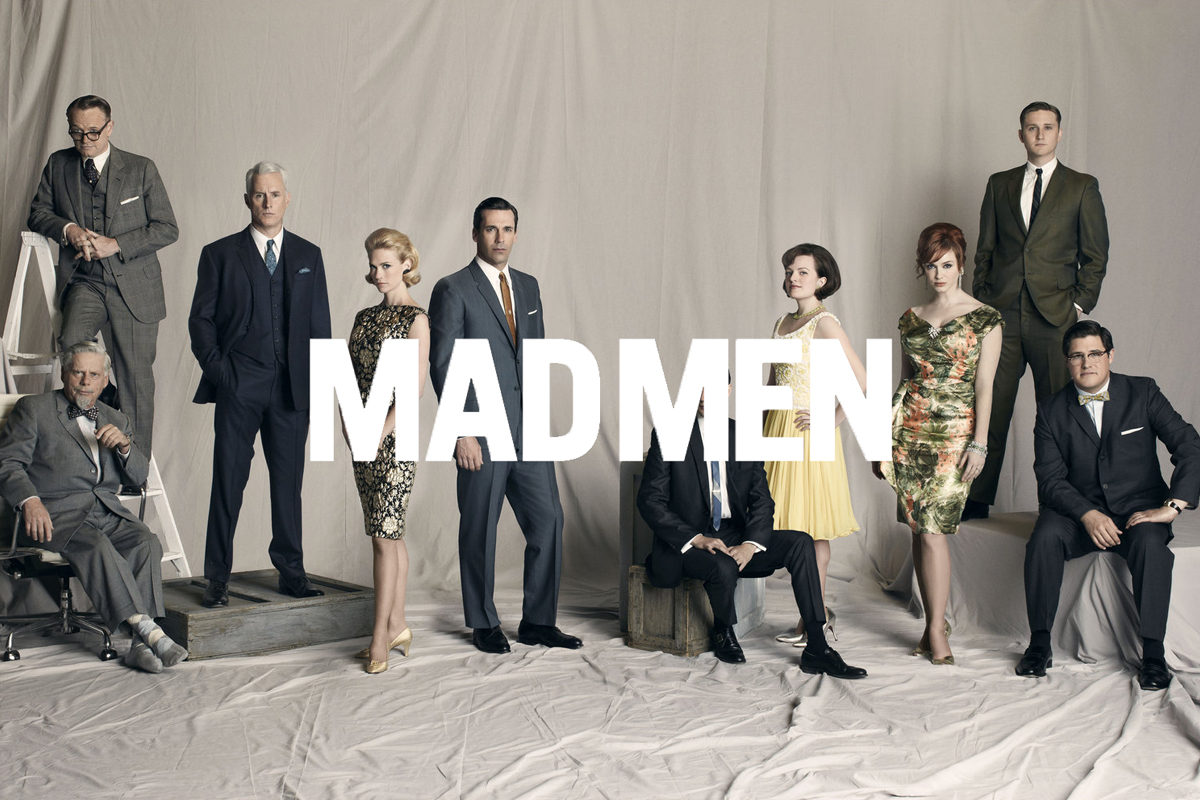
Can you let us in on your thought process as a music supervisor? When you’re sitting at one of these table reads, what are you thinking about?
Well, it’s a little abstract. The first step is really just to make notes on what pops out at you. If there’s something in the script about a particular song, that’s an obvious one. But otherwise, I just start making notes. “Sounds like this” or “Sounds like that.” Just whatever bands I can come up with in that moment. Of course, I know very well that everything could change. So I don’t really hold on to it, but that’s the first stage.
Then, when they cast the project, the whole thing changes. At that point I’ve probably gathered something like 300 songs. But when the project is cast, that list will be cut in half. I’ll look at the characters’ faces and think, Well, this doesn’t fit anymore.
Really, you’re trying to address the show’s needs. Is there a weak relationship between the characters that we could improve with music? Are we working with a score or are we working with sourced music? Then I start thinking about who I’m going to bring on as a composer, as a supervisor. Who am I going to invite to the party? Who has the right temperament to get along with the show runner? Who is going to be responsible budget-wise?
You mentioned licensing a Beatles song for Mad Men. Is that just an insane hit to the budget?
It was certainly a challenge, but I knew it was coming up because we’d discussed it at one of the table reads beforehand. So we planned to go a little lighter music-wise on some of the other episodes so we could accommodate the big hit in the Beatles episode. It can be done.
A lot of times the difficulty isn’t even the budget. We’d requested to license Beatles songs for Mad Men three times previously, and they were all turned down. No one could understand why, and they wouldn’t tell us why. Was it a money thing? Was it a TV thing? The people who run Apple Corps are George [Harrison’s] widow, Olivia; Ringo Starr; Jeff Jones (CEO); Yoko Ono; and Paul McCartney. If there’s one dissenting vote on the team, the request dies. It won’t go on TV.
We could never figure out the magic formula. The process is just so nuanced. You have to nuance the thing through. So what happened with this particular placement was the show runner, Matt Weiner, was on vacation, and we had him meet with Jeff Jones and plead his case personally, which I think really helped make this thing happen.

I guess it’s not just a question of dollars.
That’s the cool thing about this job. It’s very nuanced that way. It’s rarely just solving a problem with money. TV is one of the most collaborative areas I’ve been in. You really have to listen to other people’s opinions, understand their vision. There’s no other way.
You said earlier that bands used to feel like TV and film placements were selling out. Do you think that has changed?
I think that stigma has changed for sure. There was a moment around the time of Pulp Fiction when all of a sudden people understood how music really impacts a film. It wasn’t the traditional, “Let’s play a big song during the credits.” It was a different kind of music use within the body of the film itself. Pulp Fiction changed the game for music in film. On the TV side, Smallville, One Tree Hill, Dawson’s Creek, Felicity, and Grey’s Anatomy are shows that accommodated singer-songwriter music and really showcased it. It affected the show. It resonated with people. I see that still on shows like Nashville. Songs play for a long time and really establish the emotion of a scene. And after hearing a song like that, a lot of people will go out and buy it. It’s interesting.
The other thing this arena offers (and I’ve tried explaining this to record labels who only pitch me singles) is I can go deep with artists. I can find something no one has ever heard before that supports a picture. Why wouldn’t I go for that? A lot of people are still set on, “Here’s my single; can you use my single?” A lot of times I can’t. But what I can do is find the song that no one was going to hear. I can find a place for that. It’s a huge opportunity for everyone.
We loved chatting with Russell. Not only has his career spanned a few influential decades, but it’s also spanned a few world-changing companies as well (ahem…Virgin, Lionsgate). Russell lives in that sweet space between music and film, constantly discovering new ways for one to improve or interpret the other. It’s a space that we here at Musicbed live in too. And in a lot of ways, people like Russell have paved the way for music licensing to become what it is today. Thanks, Russell. We owe you one.
















































































